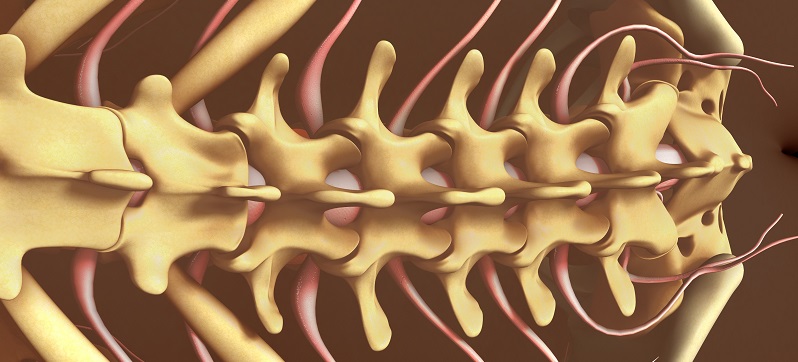What Happens During A Cerebrospinal Fluid Culture?
Category: Spine | Author: Stefano Sinicropi

Cerebrospinal fluid (CSF) is a colorless liquid that protects and surrounds your central nervous system. Not only does it help provide your spine and brain with nutrients, but it also helps get rid of waste products. If you begin to exhibit signs of a central nervous system issue, your spinal specialist may order a cerebrospinal fluid culture. Below, we explain how a culture is performed, and what problems it can detect.
Why Undergo A CSF Culture?
A cerebrospinal fluid culture can be used to detect the presence of infectious organisms. A culture can help to detect the following conditions:
- Bacterial or viral meningitis
- Bleeding around the brain
- Brain and spinal cord damage
- Fungal Infections
- Lyme’s disease
- Gullian-Barre syndrome
During the culture, your spine specialist may also be able to check your cerebrospinal fluid pressure to see if pressure issues are causing your problems.
How Is A Cerebrospinal Fluid Culture Performed?
A CSF culture is performed using a lumbar puncture or spinal tap technique. During the procedure, the spine specialist will insert a needle into the space between two vertebrae. Then the needle is then threaded into the cerebrospinal fluid filled space surrounding the spinal cord. This allows fluid to be collected in a small vial, which is then sent off for testing to look for certain biomarkers. In rare cases where a person is unable to undergo a lumbar puncture procedure, the surgeon may insert the needle under the occipital bone near the base of your brain.
A cerebrospinal fluid culture is not a dangerous procedure, although it does carry a couple of small risks. Some risks associated with the the puncture procedure include:
- Discomfort in your spine during or after the procedure.
- Bleeding into the spinal cord.
- Headaches due to cerebrospinal fluid leaks.
- Nerve damage.
Your spine specialist will be careful to control for and prevent any of these complications from taking place. Be sure to let your doctor know if you have any known cysts or asymptomatic tumors, or if you are on blood thinners, as this can increase your risk of a complication. With all that said, the vast majority of patients experience little to no side effects of a cerebrospinal fluid culture.
For more information about the fluid collection, or to set up a culture if you’ve been told you may have an infection, reach out to Dr. Sinicropi’s office today.